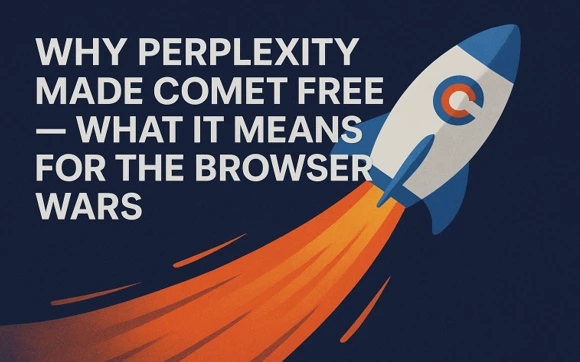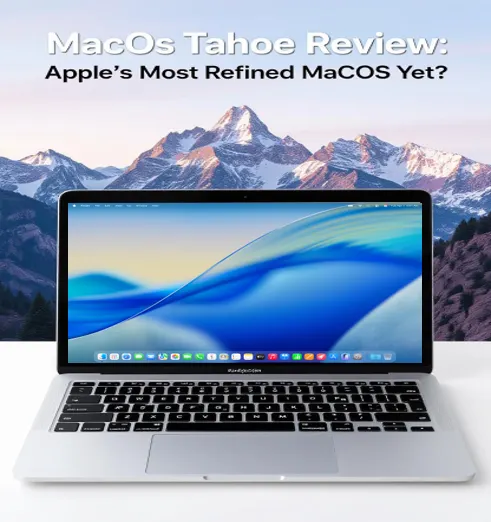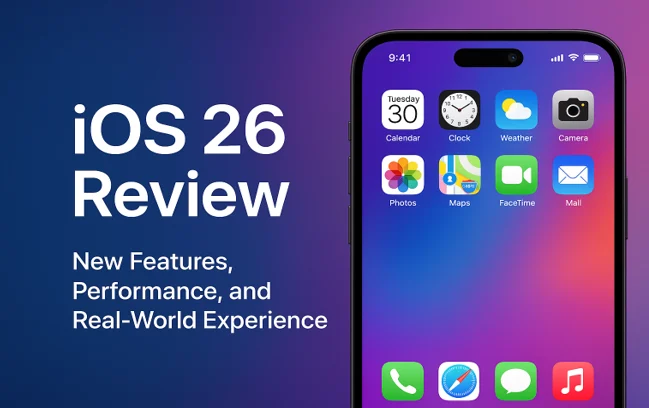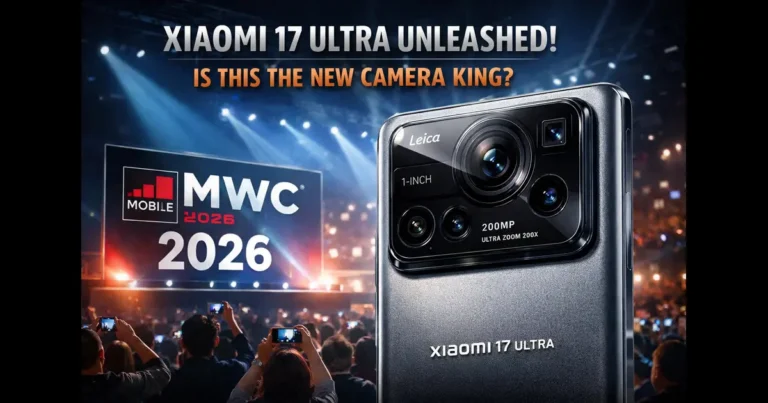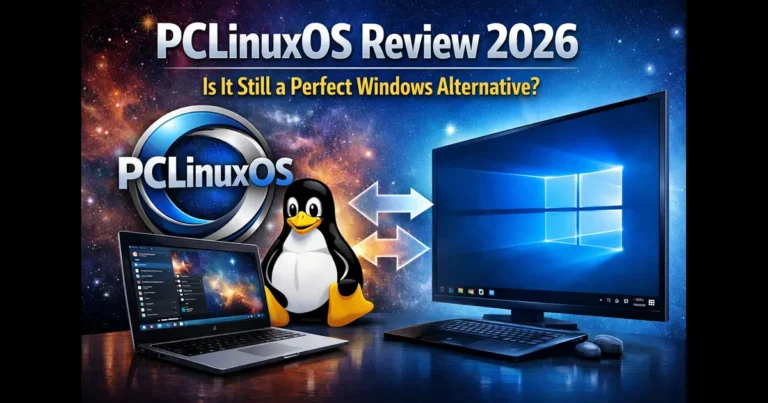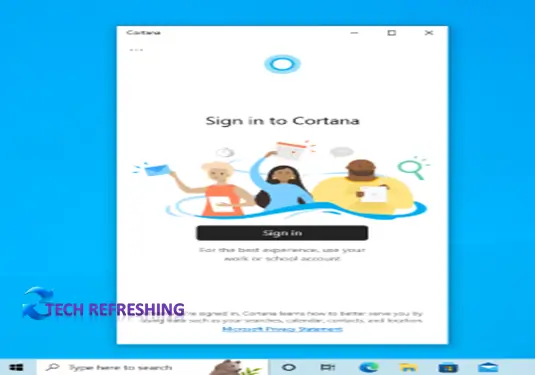
End of an Era: Cortana Bids Farewell as Microsoft Focuses on Cutting-Edge AI Technologies
In a transformative move, tech giant Microsoft has officially announced the discontinuation of its digital assistant app, Cortana, signaling a strategic shift towards more sophisticated AI advancements. The company’s decision to sunset Cortana comes as Microsoft doubles down on modern AI breakthroughs, exemplified by its ChatGPT-like Bing Chat and an array of AI-powered productivity features seamlessly integrated across Windows and its web browser Edge. This strategic realignment reflects Microsoft’s commitment to staying at the forefront of AI innovation.
Cortana’s Farewell: An Evolutionary Step Towards a Smarter Future
Microsoft’s decision to phase out Cortana as a standalone app on Windows, effective from August 2023, was confirmed through a dedicated support page. While the page’s initial publication occurred in June, Microsoft has yet to provide extensive insight into the reasoning behind this momentous shift. Reading between the lines, it becomes apparent that Cortana was a stepping stone in Microsoft’s journey toward a new AI era. The company seems poised to embrace a more intelligent and capable chatbot model, potentially akin to GPT-4, stemming from its collaboration with OpenAI. This transition is further evidenced by Microsoft’s recent announcement to seamlessly integrate the ChatGPT-based Bing experience into the forthcoming Windows 11.
Navigating Transition: Cortana’s Presence Amid Change
During the transitional period, Cortana will continue to have a presence albeit in a modified capacity for Windows users. While the standalone Cortana app will no longer receive support, users can still access Cortana functionalities through platforms such as Outlook mobile, Teams mobile, Microsoft Teams display, and Microsoft Teams rooms. This strategic approach ensures continuity for existing users while paving the way for Microsoft’s new AI paradigm.
A Glimpse of What’s to Come: Bing Chat’s Enterprise Integration
However, even the Cortana-powered experiences are set to undergo a transformation, as Microsoft unveils plans to introduce Bing Chat to the enterprise realm. The seamless integration of Microsoft 365 Copilot, expected to span across productivity software including Outlook and Teams, provides a glimpse into Microsoft’s vision of a unified and seamlessly integrated AI-powered ecosystem.
Ensuring a Smooth Transition: Microsoft’s Guiding Hand
Microsoft acknowledges that this shift might impact users’ workflows and is committed to facilitating a seamless transition. Users are encouraged to explore alternative options, including Windows 11 voice access, designed for PC control via voice commands, the AI-enhanced Bing search, Microsoft 365 Copilot, and Windows Copilot. These alternatives collectively offer centralized AI assistance to Windows users, ensuring productivity needs are met efficiently.
Windows Latest: The Harbinger of Change
The first news of Cortana’s impending shutdown was brought to light by Windows Latest, an independent website unaffiliated with Microsoft. The website astutely noticed that a recent update rendered the Cortana Windows app non-functional. Upon launching the app, users were met with a message revealing that “Cortana in Windows as a standalone app is deprecated.” A “Learn More” button directed users to the relevant support page.
Tech Industry Trends: Microsoft’s Move Echoed?
Microsoft’s strategic pivot from its initial-generation assistant, Cortana, to Bing Chat might potentially set a precedent in the tech industry. A recent report by The Information suggests that other tech giants could follow suit. Amazon, for instance, has promoted its head scientist for Alexa, Rohit Prasad, to lead a team dedicated to artificial general intelligence. This move implies that Amazon is contemplating an evolution of Alexa beyond its current digital assistant role. Apple, too, is not far behind. Bloomberg reported that Apple has been actively developing its own generative AI tools, indicating an imminent transformation of its digital assistant, Siri.
As the digital landscape continues to evolve, Microsoft’s decision to bid adieu to Cortana while embracing advanced AI technologies underscores the company’s unwavering commitment to innovation and the creation of a smarter, more efficient future.

